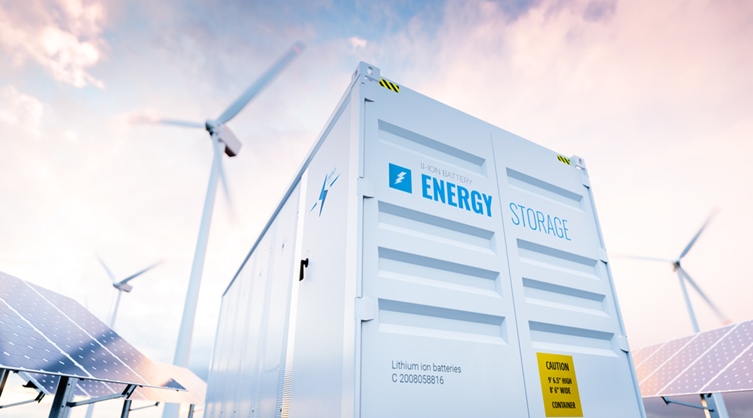Connected Energy secures £15 million investment
By EPR Magazine Editorial June 27, 2022 4:37 pm IST
By EPR Magazine Editorial June 27, 2022 4:37 pm IST

Investment will enable Connected Energy to scale up its technology and operations for growing energy storage market international.
A further highly successful round of investment for Connected Energy has secured £15m from five new major investors and will be welcome news to all those keen to see increased energy security, improved use of clean energy and extended lifetime use of electric vehicle batteries in energy storage systems (BESS).
The Hinduja Group is one of the five new investors including Caterpillar Venture Capital Inc., Mercuria, OurCrowd and Volvo Energy to join existing investors Engie New Ventures, Macquarie, and the Low Carbon Innovation Fund with a total investment of £15m, to back this world leading venture on the energy storage landscape. The investment will enable Connected Energy to scale-up its operations and move into utility scale project development.
With its HQ in Newcastle upon Tyne and Technical Centre in Norfolk interest in Connected Energy is particularly high because it is one of only a handful of companies in the world to have proven that second life vehicle batteries can be used in commercial battery storage systems, with the huge environmental benefit this brings.
Connected Energy, already has sixteen operational systems across Europe in Belgium, Germany, the Netherlands and the UK with its largest at Cranfield University in Bedfordshire, England.
Here the system allows the site to balance its energy behind the grid, accommodate a newly enlarged solar farm and an air source heat pump on the district heating to reduce reliance on the gas-combined heat and power system (CHP).
At other sites such as those in Germany, Connected Energy’s units are helping to balance the energy supply where EV chargers are used on either side of a motorway.
These demonstrate the important role of battery energy storage in providing energy security and stability and reducing reliance on fossil fuels, and also that they function perfectly with second life batteries.
Investment will enable Connected Energy to scale up its technology and operations in response to a growing energy storage market and increasing international availability of second life batteries. It will also facilitate the in-house development of the company’s first large scale M-STOR system which is planned to be around 20MW and 40MWh, employing a contracted ‘flow’ of batteries from multiple OEMs to provide long term operational services to customers.
With an estimated 6.7 million pure EVs operational worldwide and 34.7 million predicted globally by 2030, the potential for battery reuse is vast, as is the need to ensure the resources in the batteries are used effectively. With this investment Connected Energy aims to scale up its business to utilise a predicted ramp-up in 2nd life battery availability in 2024/25.
We use cookies to personalize your experience. By continuing to visit this website you agree to our Terms & Conditions, Privacy Policy and Cookie Policy.